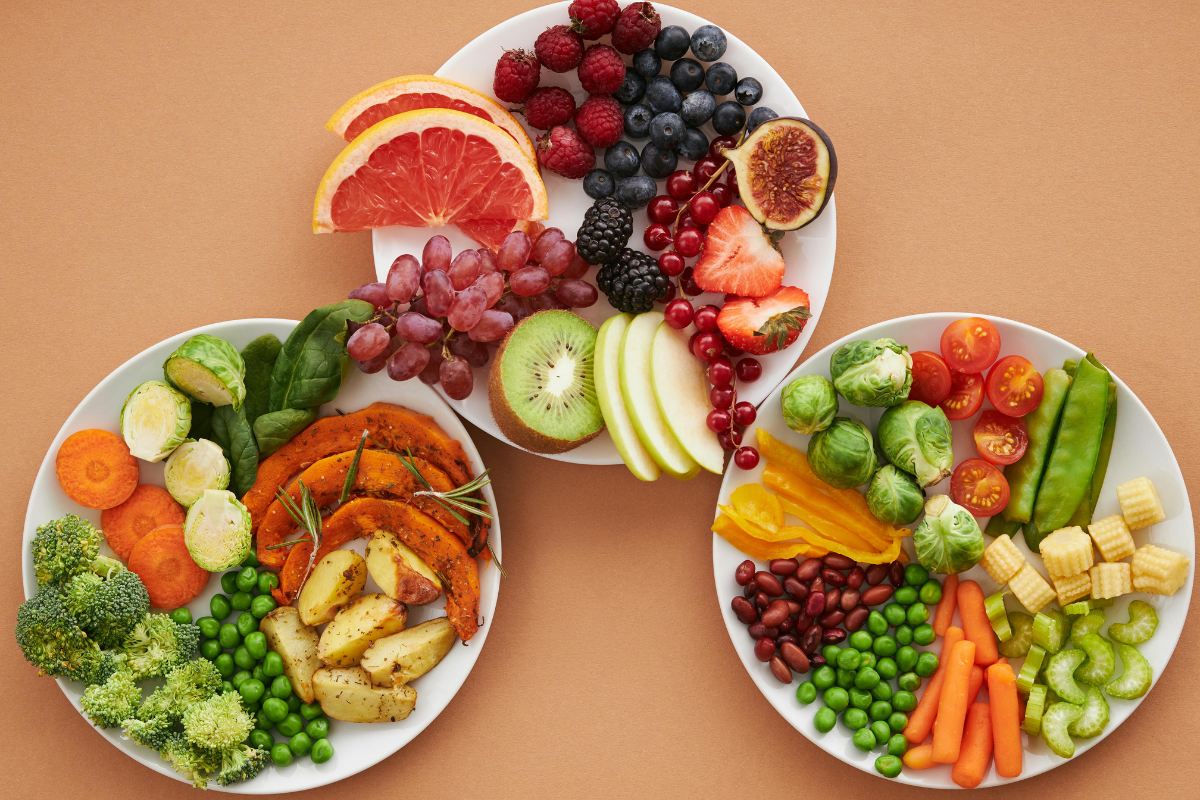
Nutrient Powerhouses for Energy: Top Foods to Fuel Your Day Naturally

Nutrient Powerhouses for Energy: Top Foods to Fuel Your Day Naturally
These incredible microscopic powerhouses are the unsung champions of your metabolism, helping you metabolize what you eat into the caloric fuel you need to power through the day. Although temporary stimulants may suffice for a short while, sustainable energy through proper metabolic function alongside the consumption of a healthy, nutrient-dense diet full of ideal vitamins and minerals can become the springboard to our mental and physical energy levels.
The Army of B-Vitamins: The Wellness Warriors
They are a complex of B vitamins, a dream team of sorts in terms of energy metabolism. Totally there are eight of the B vitamins such as thiamine (B1), riboflavin (B2), niacin (B3), pantothenic acid (B5), pyridoxine (B6), biotin (B7), folate (B9), as well as cobalamin (B12) — which endorse dozens of biochemical pathways as coenzymes that change carbohydrates, fats, and proteins into energy. Lack of any t vitamin causes fatigue, weakness, and a lesser ability to think clearly. In order to disintegrate this essential section, which will keep everything working correctly, contain foods, for example, entire grain products (brown rice, oats), slim meats (poultry, sport fishing, ovum, dairy products (dairy, yogurt), legumes (lentils, beans) and also dark green veggies (spinach, kale) into the everyday diet. Therefore, in the morning, scrumptious oatmeal with pieces of fruit and a pinch of nuts, in the afternoon, chicken salad and whole meal bread or lentil soup with cooked spinach for dinner significantly raises the intake of B-vitamins.
Ironclad Energy: Addressing Fatigue at the Source
Iron is another vital mineral needed for energy production. It is central to the transport of oxygen in the body – a process that is crucial for the delivery of energy to our cells and tissues. Iron deficiency — a common problem — may show itself as chronic tiredness, weakness, and lack of attention. Including iron-rich foods in your daily meals ensures you the necessary intake of iron—heme iron (which gets absorbed more quickly in the blood). Good sources include red meat, poultry, and fish. This non-heme iron, which is present in plant-based foods, can be absorbed more easily and efficiently in combination with foods rich in vitamin C. Sources of non-heme iron are spinach, beans, lentils, tofu, and fortified cereals. A breakfast smoothie with spinach/berries, a lemon-squeezed lentil soup for lunch, or lean beef with broccoli for dinner — all can fill your daily iron needs and keep your energy strong.
Magnesium as the Spark: The Key to Metabolic Synergy
They are magnesium, a mineral that is involved in hundreds of biochemical reactions in the body, including energy production, muscle function, and nerve transmission. It's a key player in metabolizing glucose into energy, and it combats fatigue and muscle weakness. The problem is that many people do not get enough magnesium in a day, which might lead to lower energy levels. By adding foods such as leafy green vegetables (spinach, kale), nuts (almonds, cashews), seeds (pumpkin seeds, chia seeds), whole grains (brown rice, quinoa), and dark chocolate (in moderation), you can increase your intake naturally. So, ten almonds for a snacking, a pinch of pumpkin seeds over your salad bowl or a square of dark chocolate as the nighttime dessert — your daily dose of magnesium can be filled with a dose of full-day energy supply.
Feeding Your Way to Raw Energy
Including these nutrient powers in our daily meals open the door to a natural and sustainable source of energy that nurtures our bodies and minds without artificial stimulants. Whole, unprocessed foods that are high in B vitamins, iron, and magnesium offer the essential building blocks for energy production. They feel abundant, energy-focused, and aligned with the higher capacity to tackle our day with natural and stable energy. This nutrient-dense approach is a lifestyle that pays dividends in energy and vitality over the long haul.





















































